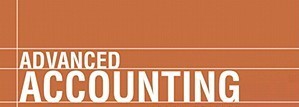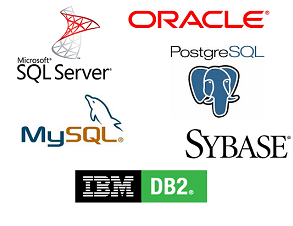Objectives:
OB1: To acquire the knowledge of accounting for partnership firms (With a focus on dissolution and insolvency of partnership firm)
OB2: To acquire the knowledge of accounting for shares and debentures and preparation of final accounts of the companies as per Companies Act, 2013.
Course outcomes:
General Outcomes:
CO1. Prepare Financial Statements in the form suitable for publication.
CO2. Understand the Accounting concepts involved in the Partnership form of business.
CO3. Understand the procedures involved when debentures and shares are issued by the company.Skill Based Outcomes:
CO4. Analyze the reasons and the logic behind the accounting procedures laid in the Act.
CO5. Get the practical exposures towards the few financing operations of the company.
CO6. Understand the context in various articles relating to the IPO’s and redemptions are done by a few companies.
CO7. Understand various case studies relating to admission, the retirement of partners, and the dissolution of Partnership firms.

- Teacher: MANNEM RAGHU BABU
Course Objectives
· To introduce importance of statistics.
· To develop the ability to graphically present the data.
· To help students understand covariance & correlation.
· To expose the students to the importance of skewness & Kurtosis.
· To apply the statistical techniques and process the data.
· To help improve the ability to interpret the results.
Course Outcomes
The student completing this course
CO-1 Learns the importance of statistics.
CO-2 Will be able to graphically / pictorially represent the data.
CO-3 Learns to calculate the measures of central tendency.
CO-4 Learns about applications of the measures of central tendency.
CO-5 Should be able to compute the correlation & covariance.
CO-6 Should be able to calculate skewness and kurtosis.
CO-7 Learns to interpret the results relevant to the context.
CO-8 Is equipped with knowledge to explore their area of interest to enhance their learning.
- Teacher: RAM PRASAD D
- Teacher: RAGA SUDHA JONNADA
OBJECTIVE OF THE COURSE:
- To acquire basic conceptual knowledge on Relational database model, ER model and distributed databases
- Understand and implement various SQL queries
- Ease with Database (SQL) environment and error handling.
COURSE OUTCOMES: By the end of the course, the student will be able to:
CO 1: Understand basic database concepts, including the structure and operations of the relational data model.
CO 2: Ability to describe and implement the Relational Database concepts
CO 3: Potential to understand and execute Queries using MYSQL
CO 4: Understand and apply logical database design principles, E-R diagrams & database normalization
CO 5: Gains knowledge about creating backup file and recovering of data
CO 6: Understand the concept of a database transaction queries and related database facilities
CO 7: Understand the role of the database administrator
CO 8: Knowledge about data integrity, security, recovery, performance etc…

- Teacher: VIDYA SAGAR JODU
Course Description:
The course addresses the English language needs of the students at the undergraduate level. The focus will be upon four categories: Prose, Poetry, Vocabulary, and Grammar. In addition to these, the last two units focus on developing the writing skills of students by including essay writing and report writing. The content of the text raises questions of how English is used in India versus how it ought to be used and thus engaging the debates about a “standard English” and the need of adapting English to the local cadence and culture of India. Similarly, the British and American variations of the language are included to orient the students to broaden their view of English as an international language. Overall the course will focus upon the critical thinking faculties of the students concerning academic, linguistic, political, literary, and ethical concepts.
- Teacher: Dr SAIKIRAN D
- Teacher: Dr. MAITHRY SHINDE